- Home
- Health Condition
Tablet For Diabetes
Tablet For Diabetes
- Total Items (8944)
 RX
RXTenelichoice-M 500 Tablet 10's
₹89.40
MRP ₹149
40% off
 RX
RXTenelichoice-M 1000 Tablet 10's
₹93.30
MRP ₹155.50
40% off
 RX
RXVogeab Gm 1 Tab 10'S
₹100.50
MRP ₹167.50
40% off
 RX
RXVogeab Gm 2 Tab 10'S
₹135.60
MRP ₹226
40% off
 RX
RXVogeab M 0.2 Tab 10'S
₹67.20
MRP ₹112
40% off
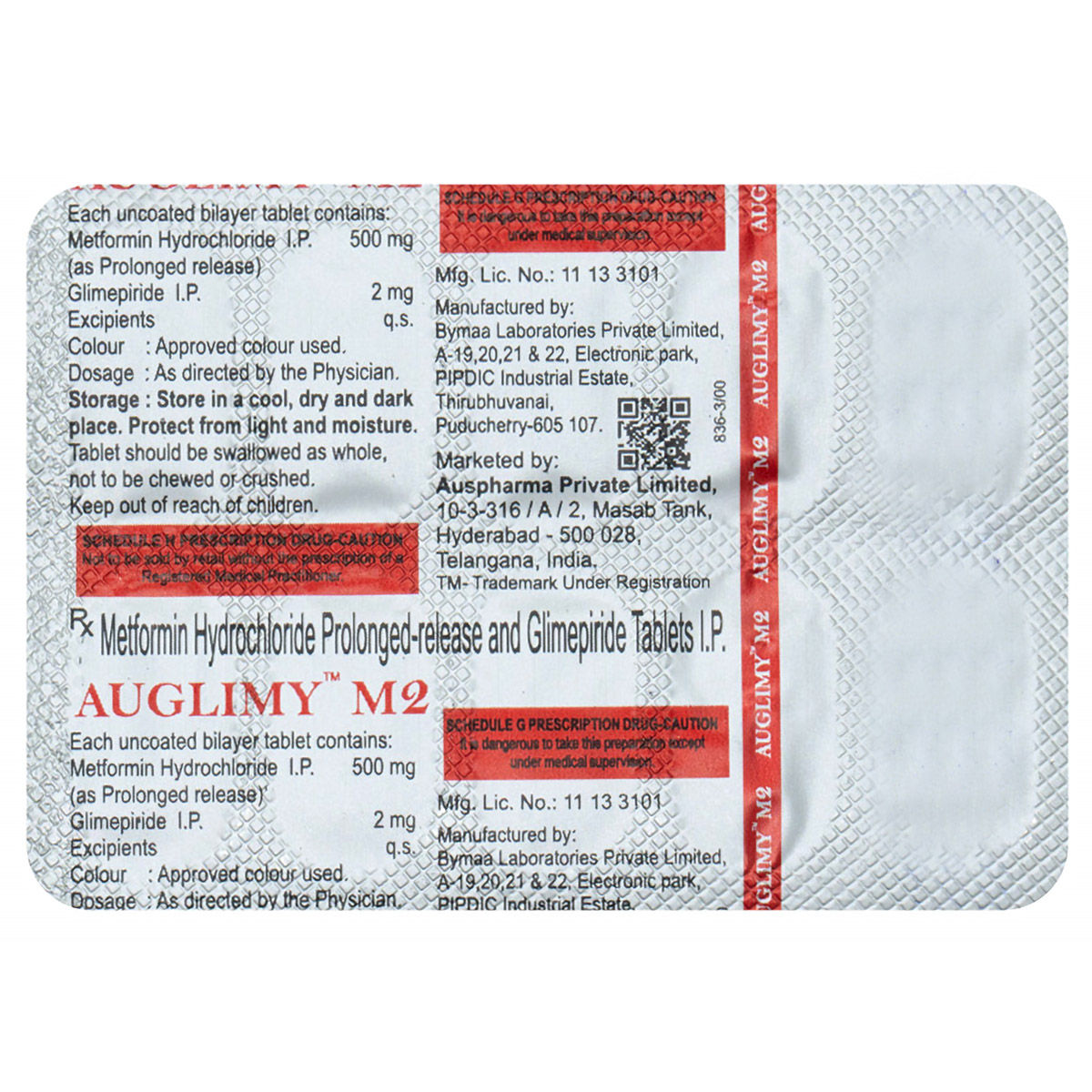 RX
RXAuglimy M2 Tablet 10's
₹79.80
MRP ₹114
30% off
 RX
RXAusmetfor 500 Tablet 10's
₹15.40
MRP ₹22
30% off
 RX
RXAbomet 1000 SR Tablet 15's
₹47.30
MRP ₹67.50
30% off
 RX
RXCipvildin 50 mg Tablet 15's
₹104
MRP ₹148.50
30% off
 RX
RXAuglimy 2 Tablet 10's
₹39.90
MRP ₹57
30% off
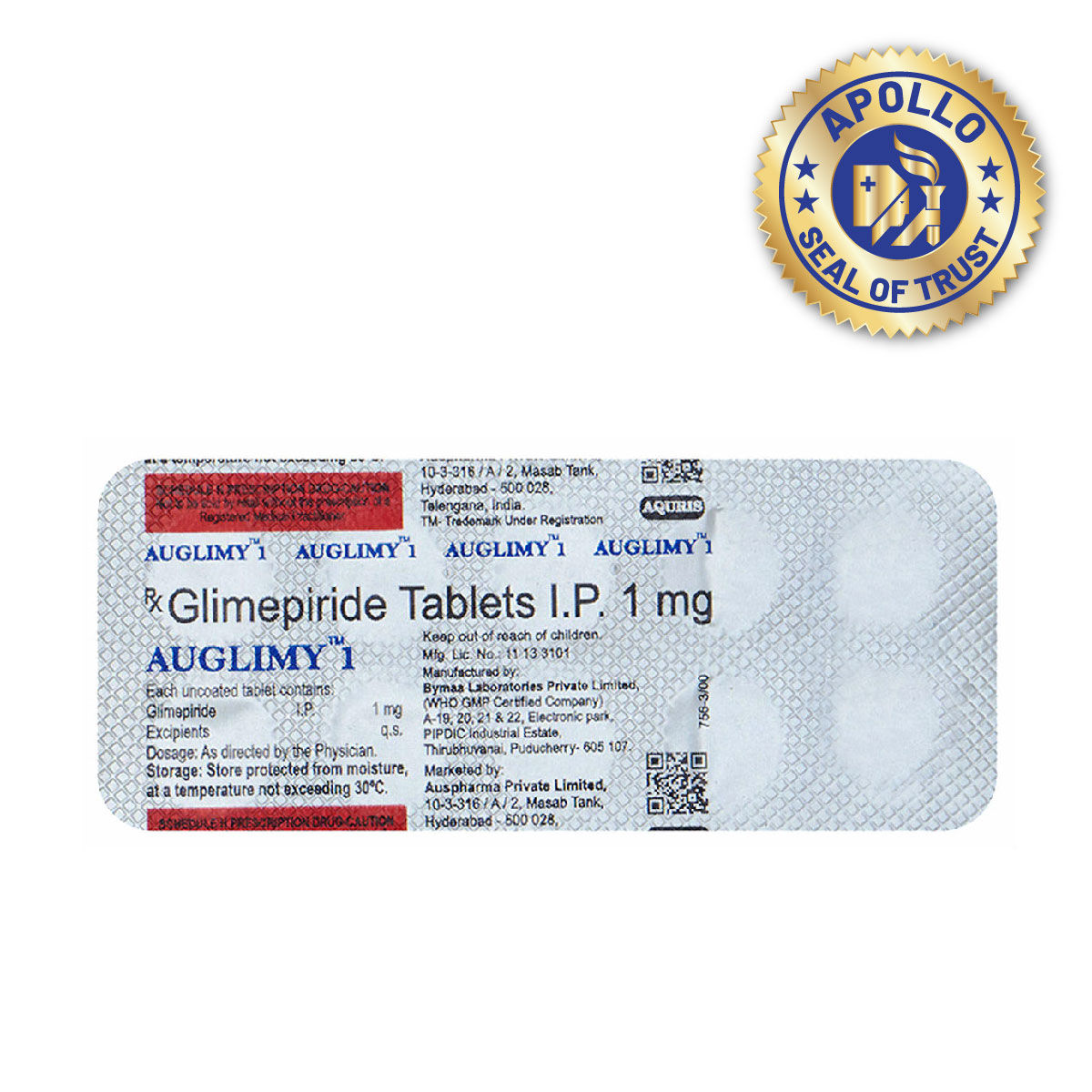 RX
RXAuglimy 1 Tablet 10's
₹25.20
MRP ₹36
30% off
 RX
RXTgiptin 20 Tablet 10's
₹70
MRP ₹100
30% off
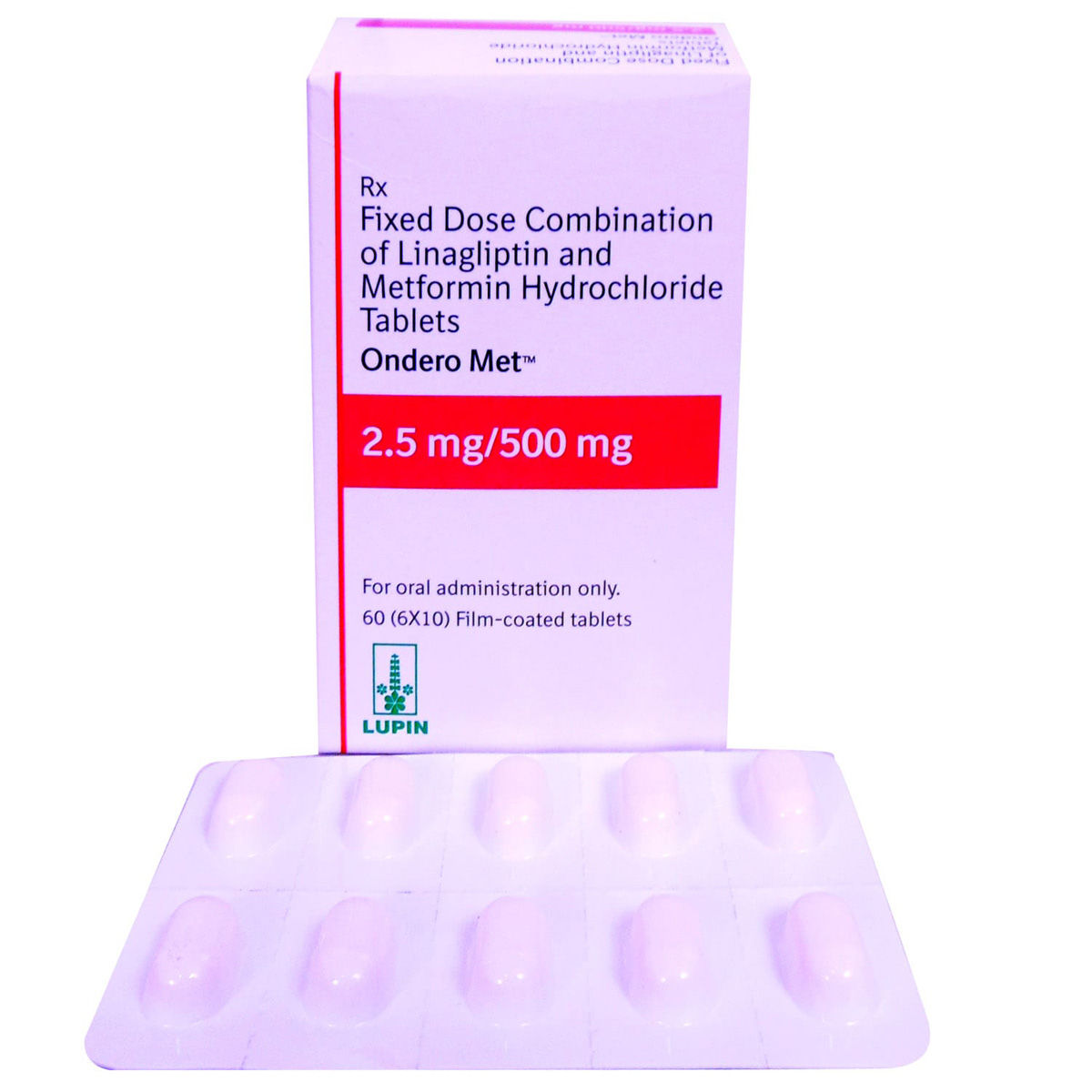 RX
RXOndero Met 2.5 mg/500 mg Tablet 10's
₹128.70
MRP ₹143
10% off
 RX
RXTrajenta Duo 2.5 mg /500 mg Tablet 10's
₹176.40
MRP ₹196
10% off
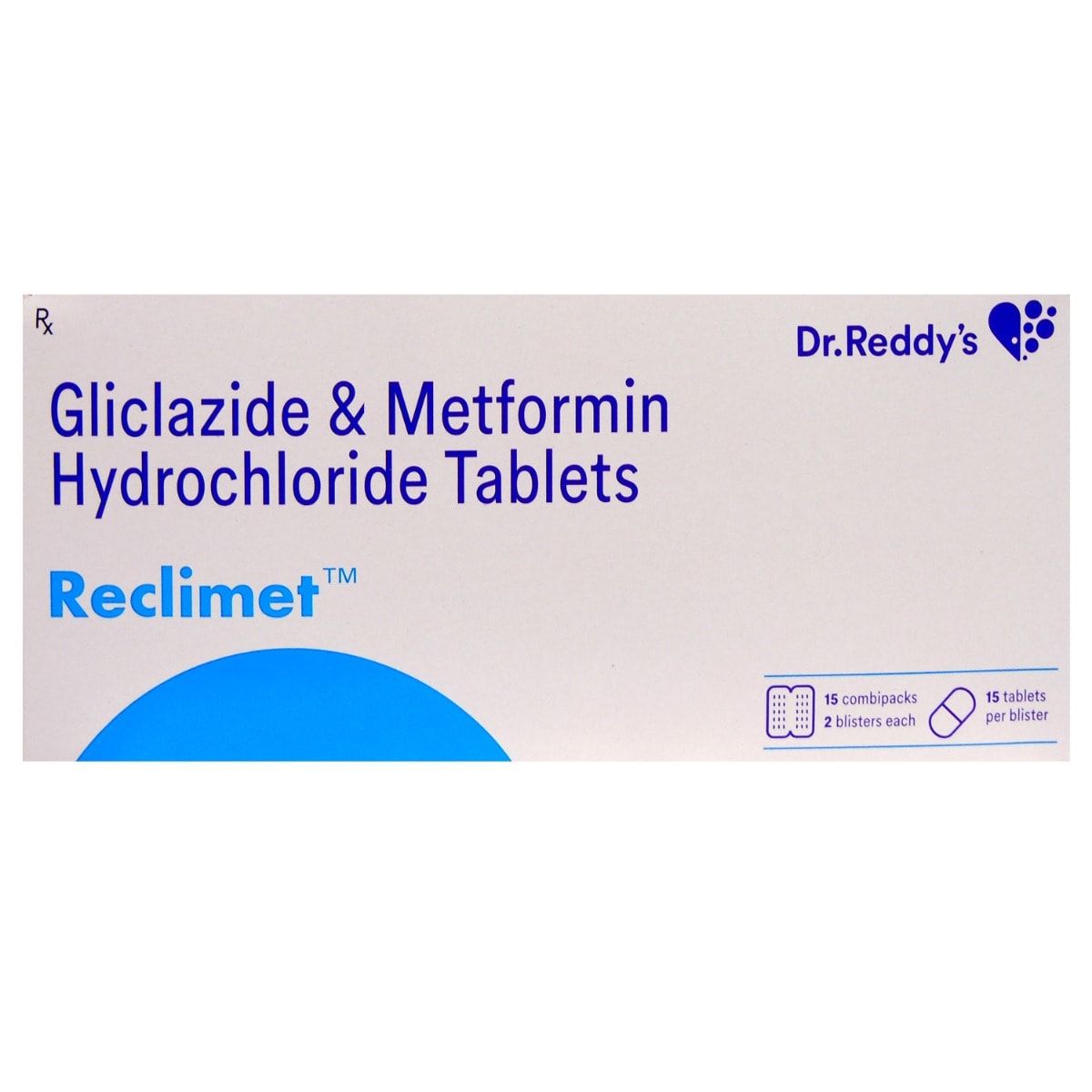 RX
RXReclimet Tablet 15's
₹252.90
MRP ₹281
10% off
 RX
RXZomelis Met 50 mg/500 mg Tablet 15's
₹177.30
MRP ₹197
10% off
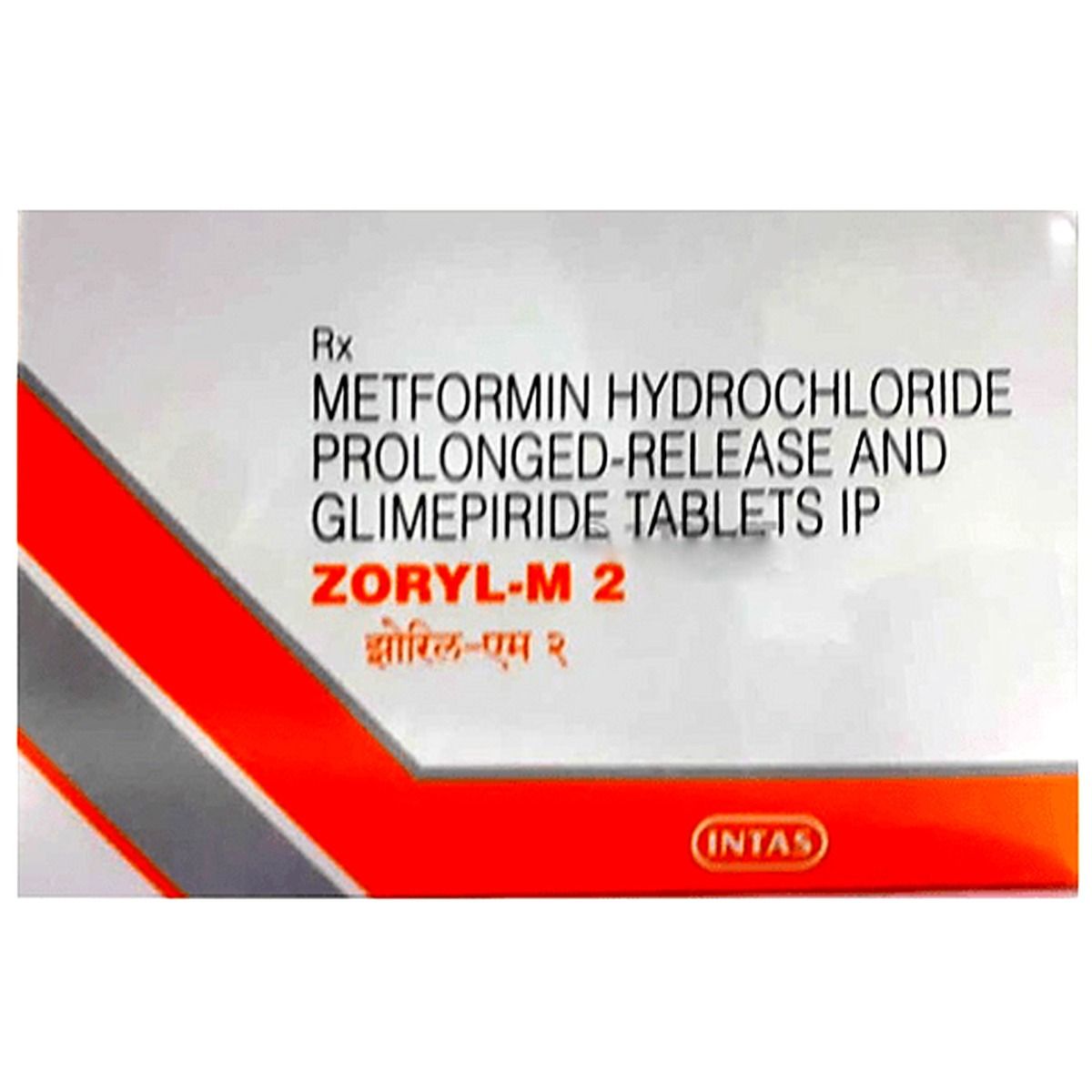 RX
RXZoryl M 2 Tablet 20's
₹310.50
MRP ₹345
10% off
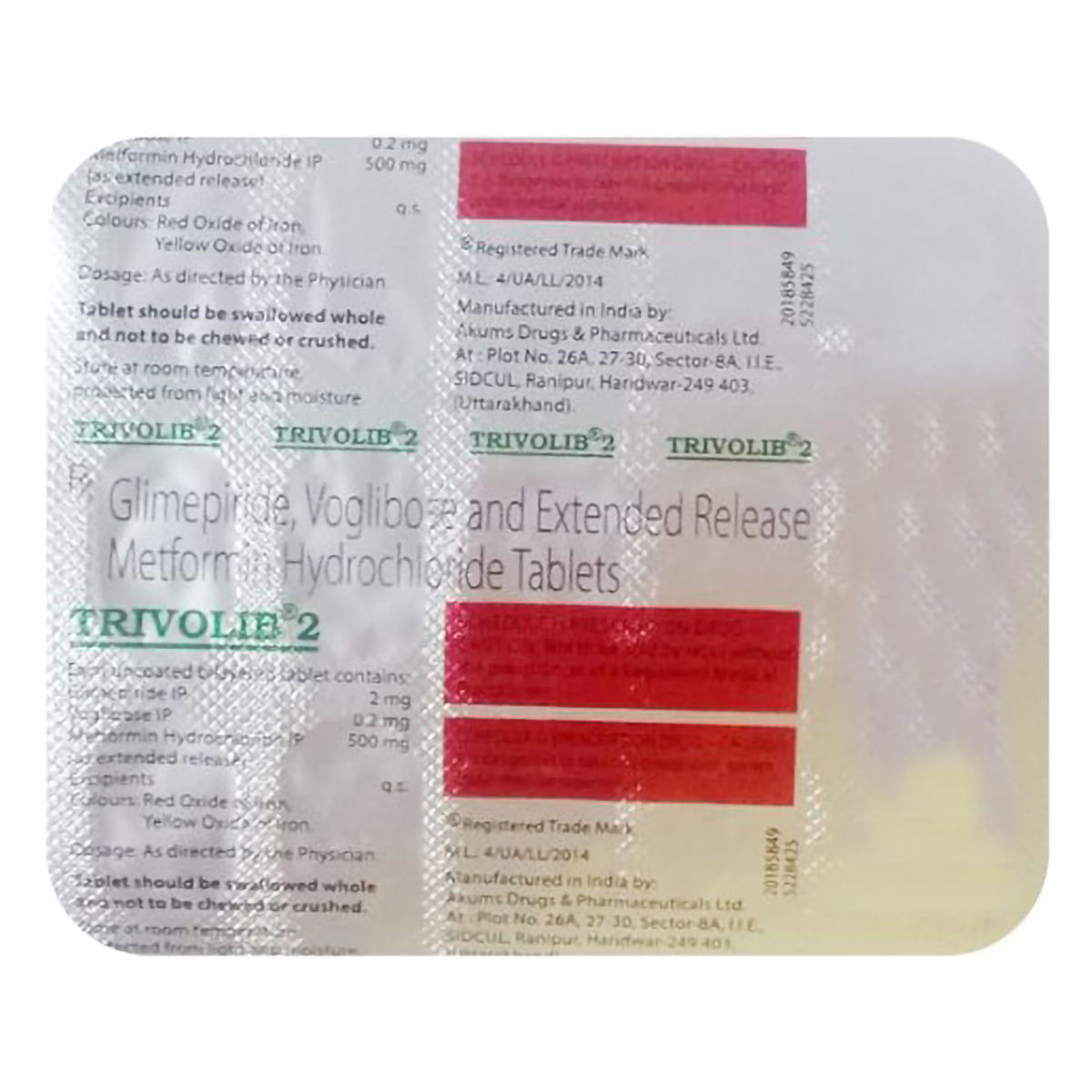 RX
RXTrivolib 2 Tablet 15's
₹319.10
MRP ₹354.50
10% off
 RX
RXAmaryl M 2 mg Tablets 20's
₹395.60
MRP ₹439.50
10% off
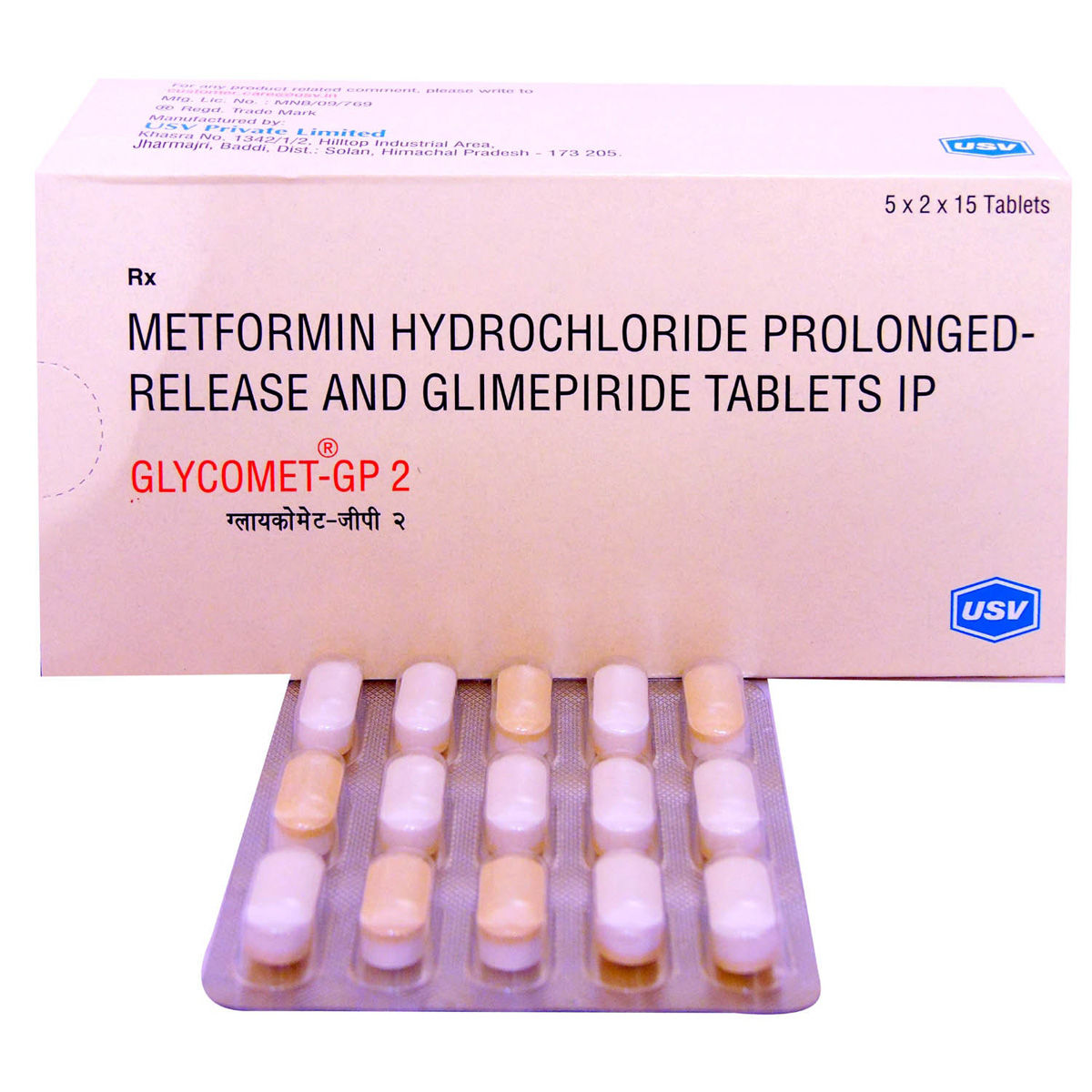 RX
RXGlycomet-GP 2 Tablet 15's
₹171.50
MRP ₹190.50
10% off
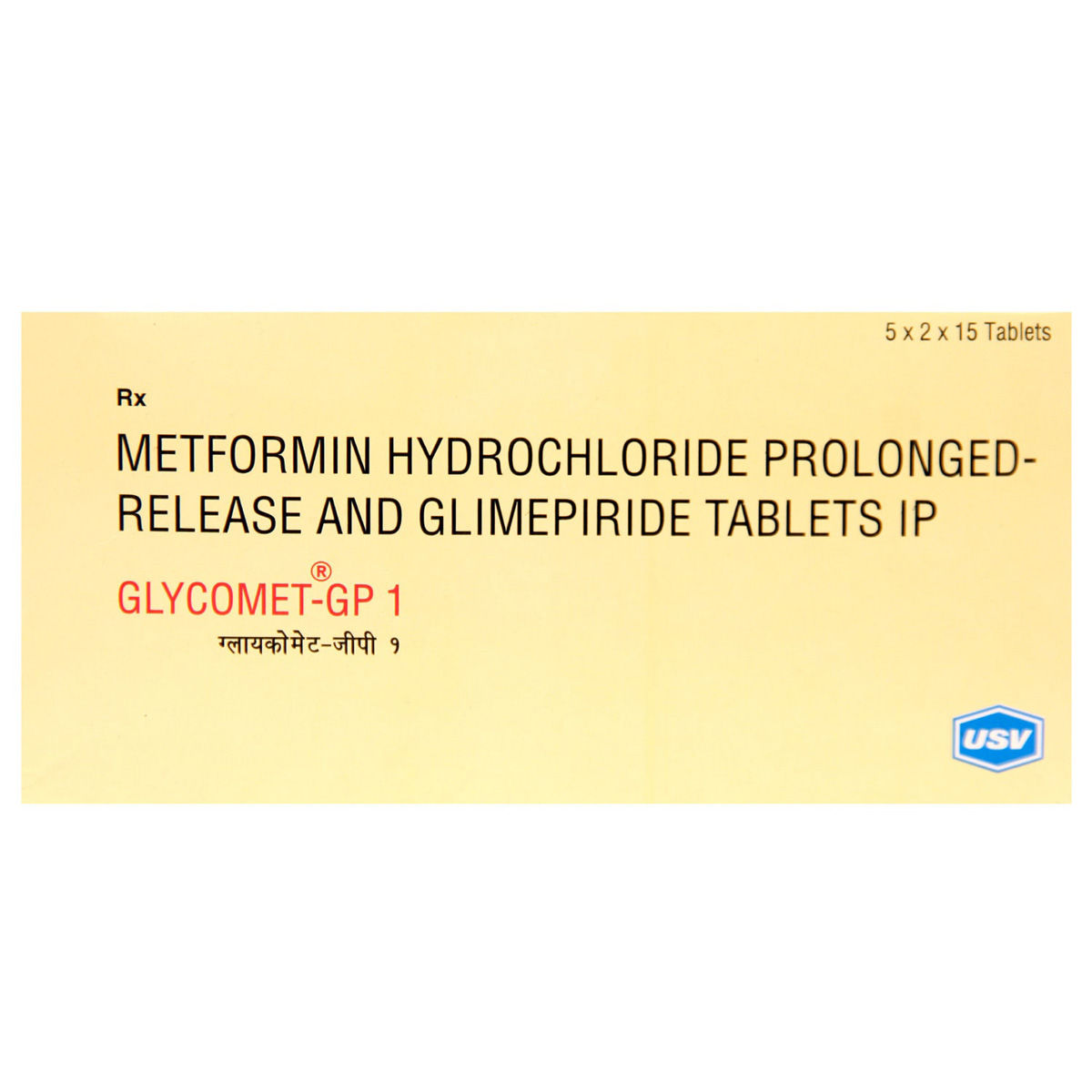 RX
RXGlycomet-GP 1 Tablet 15's
₹117.50
MRP ₹130.50
10% off
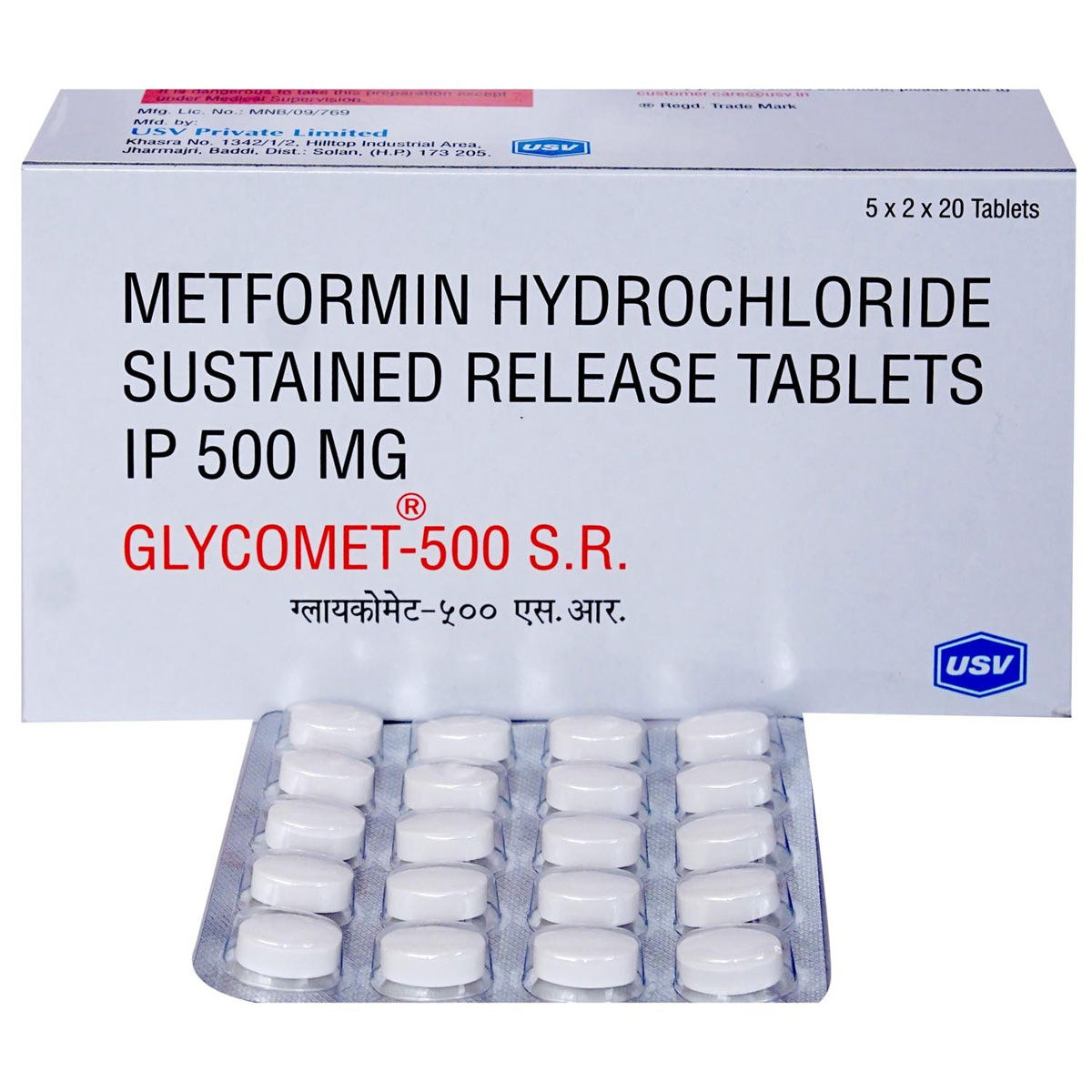 RX
RXGlycomet-500 SR Tablet 20's
₹39.60
MRP ₹44
10% off
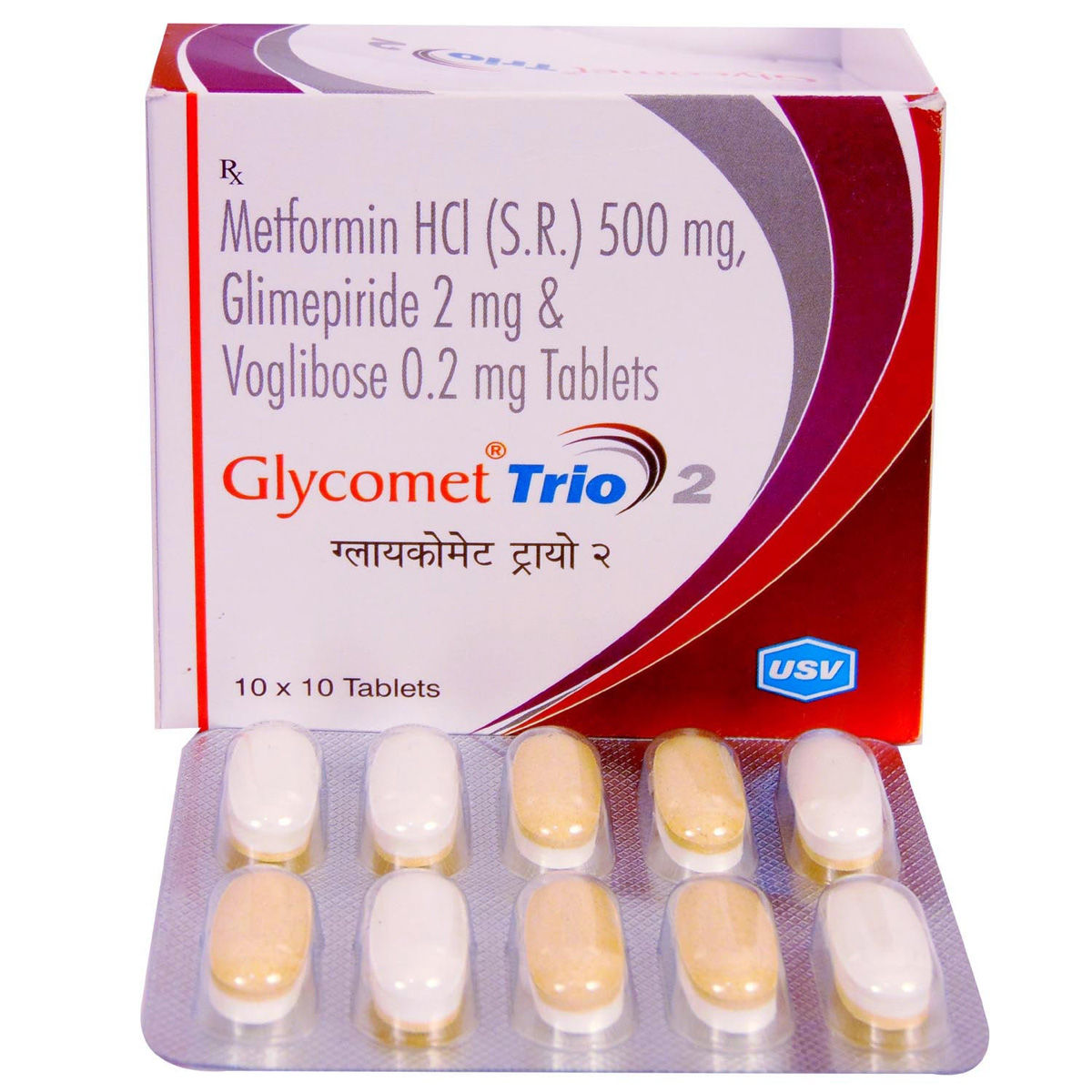 RX
RXGlycomet Trio 2 Tablet 10's
₹203
MRP ₹225.50
10% off
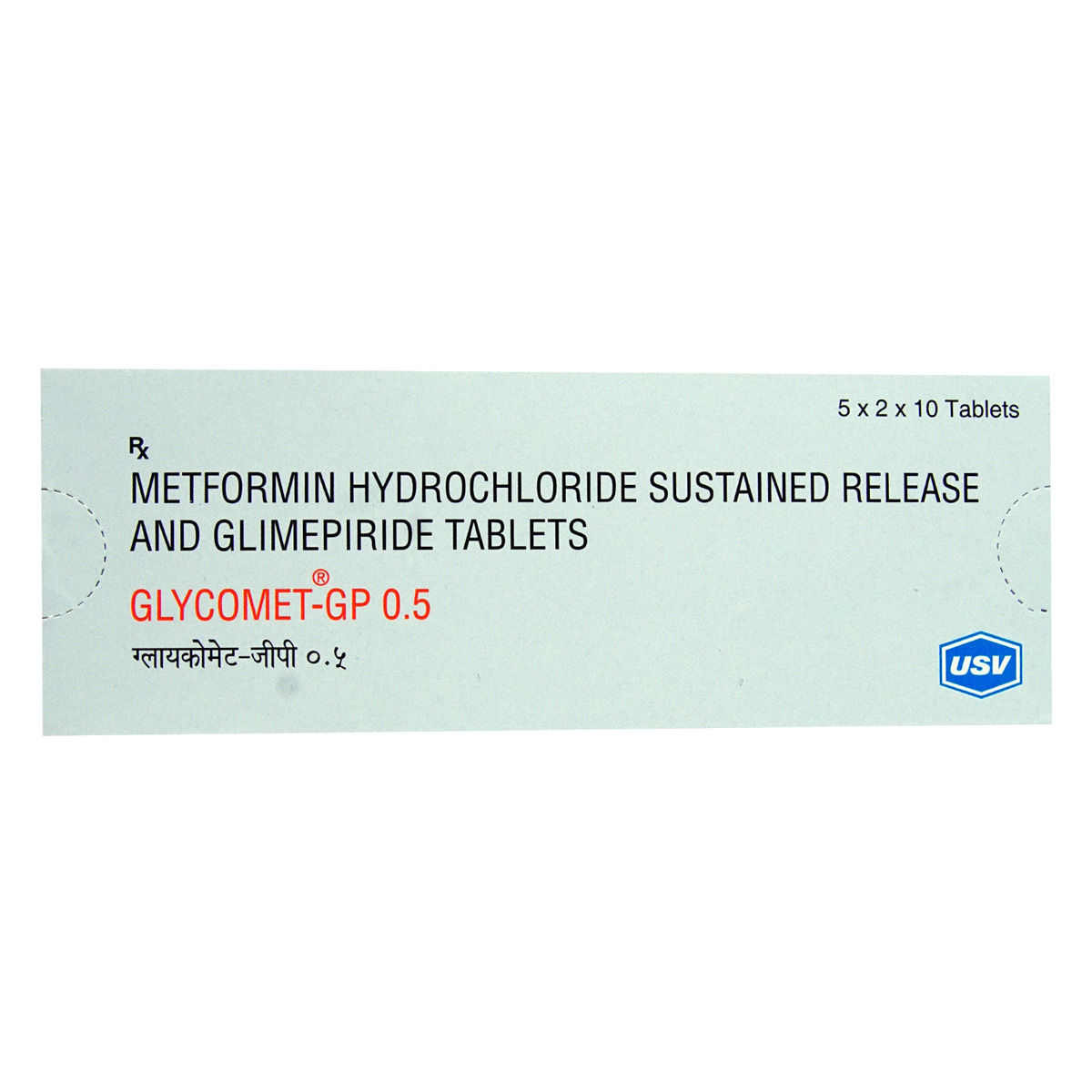 RX
RXGlycomet-GP 0.5 Tablet 10's
₹56.30
MRP ₹62.50
10% off
Tablet for Diabetes
Managing diabetes effectively is key to preventing long-term complications and improving quality of life. While insulin injections are essential for some, many people, especially those with type 2 diabetes, can manage their condition with oral medications. A tablet for diabetes is one of the most common and convenient ways to control blood sugar levels, often forming the cornerstone of treatment alongside diet, exercise, and regular monitoring.
Types of Tablets for Diabetes
There are several categories of tablet for diabetes, each with a distinct mode of action to help regulate blood glucose levels. These oral medications are most commonly used to manage type 2 diabetes and may be prescribed individually or in combination, depending on a person’s age, health status, blood sugar levels, and coexisting conditions.
Here’s a brief overview of the main categories:
1. Biguanides
Metformin, the most commonly used tablet for diabetes, belongs to this class. It lowers blood sugar by reducing glucose production in the liver and improving insulin sensitivity. Metformin is usually the first choice for type 2 diabetes and is often continued alongside other treatments. It is well-tolerated, may support mild weight loss, and has a low risk of causing low blood sugar (hypoglycaemia).
2. Sulfonylureas
These tablets—such as glimepiride, gliclazide, and glibenclamide—stimulate the pancreas to release more insulin. They are effective in people whose pancreas still produces insulin but not enough. However, they can cause hypoglycaemia and weight gain, especially if meals are skipped, so they’re prescribed with care.
3. DPP-4 Inhibitors (Gliptins)
Medications like sitagliptin, vildagliptin, and linagliptin help increase insulin release and reduce liver glucose production, especially after meals. They work by blocking the DPP-4 enzyme, enhancing natural hormones that control blood sugar. These tablets are weight-neutral and have a low risk of hypoglycaemia.
4. SGLT2 Inhibitors
Examples include dapagliflozin and empagliflozin. These tablets help remove excess glucose through the urine by stopping the kidneys from reabsorbing it. They may also aid weight loss, lower blood pressure, and protect the heart and kidneys. However, they can increase the risk of urinary and genital infections, so good hydration is important.
5. Thiazolidinediones (TZDs)
Pioglitazone improves how the body uses insulin, especially in fat and muscle cells. It’s typically used when other tablets are not enough. TZDs can cause fluid retention and weight gain, so they’re prescribed cautiously in people with heart conditions.
6. Meglitinides
Repaglinide and nateglinide act quickly to stimulate insulin release just before meals. They help manage after-meal blood sugar spikes and offer flexible dosing. However, they can cause low blood sugar if meals are skipped after taking a dose.
7. Alpha-glucosidase Inhibitors
Acarbose works in the gut by slowing down the breakdown of carbohydrates, helping to reduce post-meal blood sugar rises. It’s usually taken with meals and used in combination with other diabetes tablets. Side effects can include gas and stomach discomfort.
Each tablet for diabetes has its own benefits and possible side effects. Your doctor will recommend the most suitable treatment based on your blood sugar levels, overall health, and lifestyle.
Benefits of Using a Tablet for Diabetes
A well-chosen tablet for diabetes offers several advantages for patients:
- Effective Blood Sugar Control: Maintains glucose levels within the desired range.
- Non-Invasive: Tablets eliminate the need for injections, making them more comfortable and acceptable for many.
- Convenient: Easy to carry and take, often just once or twice daily.
- Multiple Health Benefits: Some tablets not only lower blood sugar but also support weight management and heart health.
- Wide Range of Choices: With various classes available, treatment can be tailored to individual needs and responses.
Importantly, regular use of a prescribed tablet for diabetes helps reduce the risk of complications such as nerve damage, kidney disease, and vision problems.
Dosage & Usage Instructions of Tablets for Diabetes
Correct usage is essential for getting the most out of your tablet for diabetes. While the specific dosage is determined by your doctor, here are general guidelines to keep in mind:
- Follow the Prescription: Never adjust your dosage without medical advice.
- Timing Matters: Some tablets are best taken with food to minimise side effects, while others may need to be taken before meals.
- Monitor Your Blood Sugar: Keep track of your readings to assess how well your medication is working.
- Report Side Effects: Common side effects include stomach upset, low blood sugar, or frequent urination (depending on the tablet type). Inform your healthcare provider if symptoms persist.
- Stay Consistent: Taking your tablet for diabetes at the same time each day helps maintain stable blood glucose levels.
Always consult your doctor or pharmacist if you have questions about when or how to take your medication.
Buy Tablet for Diabetes Online at Apollo 24|7
If you're managing diabetes, you can now easily purchase your tablet for diabetes online through Apollo 24|7. The platform offers a wide range of genuine medications, including trusted options like metformin, glimepiride, and newer tablets such as dapagliflozin. With a simple ordering process, expert pharmacist support, and fast home delivery, Apollo 24|7 ensures convenient, safe, and reliable access to the diabetes tablets you need to stay on track with your treatment.
Frequently asked questions
Metformin is the most frequently prescribed tablet for diabetes, often used as the first-line treatment for type 2 diabetes due to its effectiveness, safety profile, and affordability.
Yes, many tablets for diabetes are designed for long-term use and are generally safe when taken as directed. Regular check-ups are essential to monitor effectiveness and side effects.
Yes, doctors often prescribe a combination of tablets for diabetes when a single medication is not sufficient to control blood sugar.
Not necessarily. Many people manage their diabetes for years with tablets alone. However, if blood sugar control declines, your doctor may recommend insulin.
No. Diabetes is a chronic condition, and stopping your tablet for diabetes without medical guidance can cause your blood sugar to rise and lead to complications.
